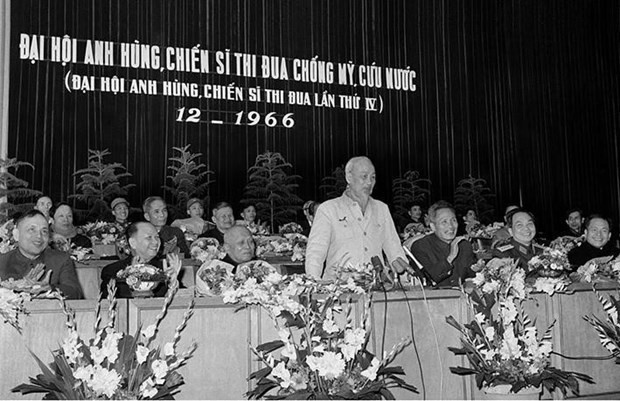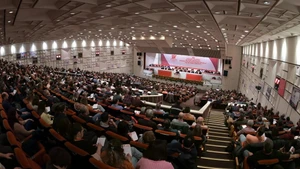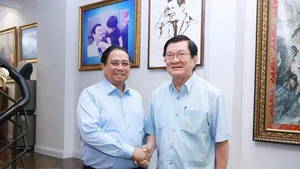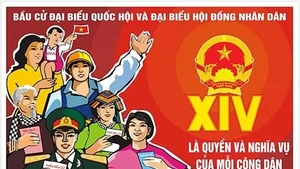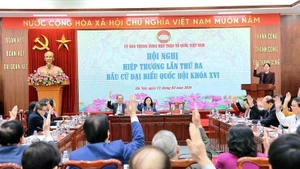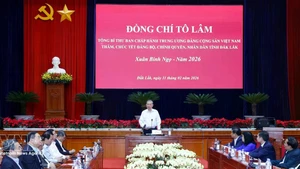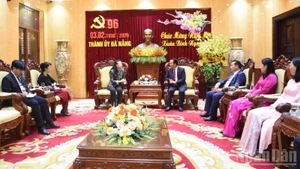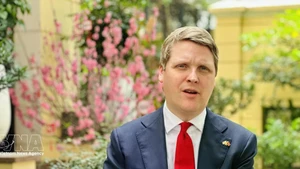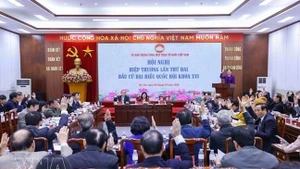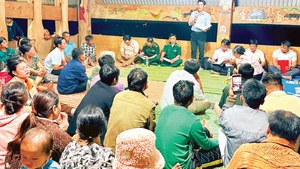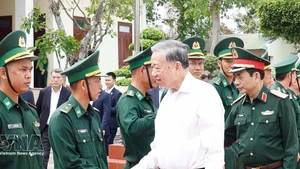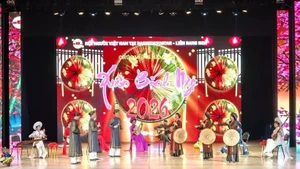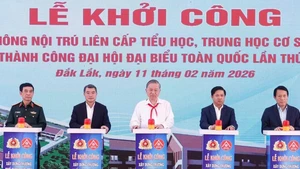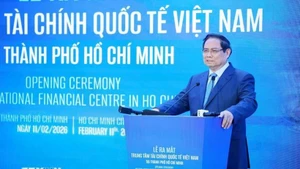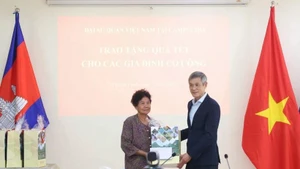The event attracted a number of Canadian and Vietnamese experts and scholars with an interest in Vietnam's foreign policy in the Ho Chi Minh era.
Speaking at the event Deputy Director of the Diplomatic Academy of Vietnam (DAV) Nguyen Hung Son, who is also former Minister Counsellor of the Vietnamese Embassy in Ottawa, highlighted President Ho Chi Minh’s foreign policy with three important points. The policy focused on how to deal with relations with big countries, enlist outside support and use all available tools in foreign policy, he said.
According to the Vietnam News Agency, member of the CVFS Philip Fernandez said President Ho Chi Minh's foreign policy was based on the principles of non-interference in internal affairs of other states and recognition of the independence, sovereignty, and self-determination of nations and peoples. The flexible and adaptable foreign policy was based on principles for world peace and social progress, he noted.
Dr. Joe Pateman, from the Faculty of Politics and International Relations at the University of Nottingham, said that since declaring its independence, Vietnam has continued to creatively apply Ho Chi Minh Thought in practice and has achieved outstanding achievements in both socialist construction and foreign affairs.
The Communist Party of Vietnam has built a modern and strong socialist mechanism, bringing prosperity and happiness to Vietnamese people, he stressed, noting that the application of Ho Chi Minh Thought in its foreign policy has helped Vietnam become a country with full sovereignty and close relations with the world community.
Vietnam’s domestic and international achievements are rooted in the immortal legacy of President Ho Chi Minh, he went on.
Dang Trung Phuoc, President of the Canada Vietnam Society, said not only Vietnam but many other nations in the world, especially those in Africa, have also expressed their gratitude to President Ho Chi Minh as they gained their independence by following him.
